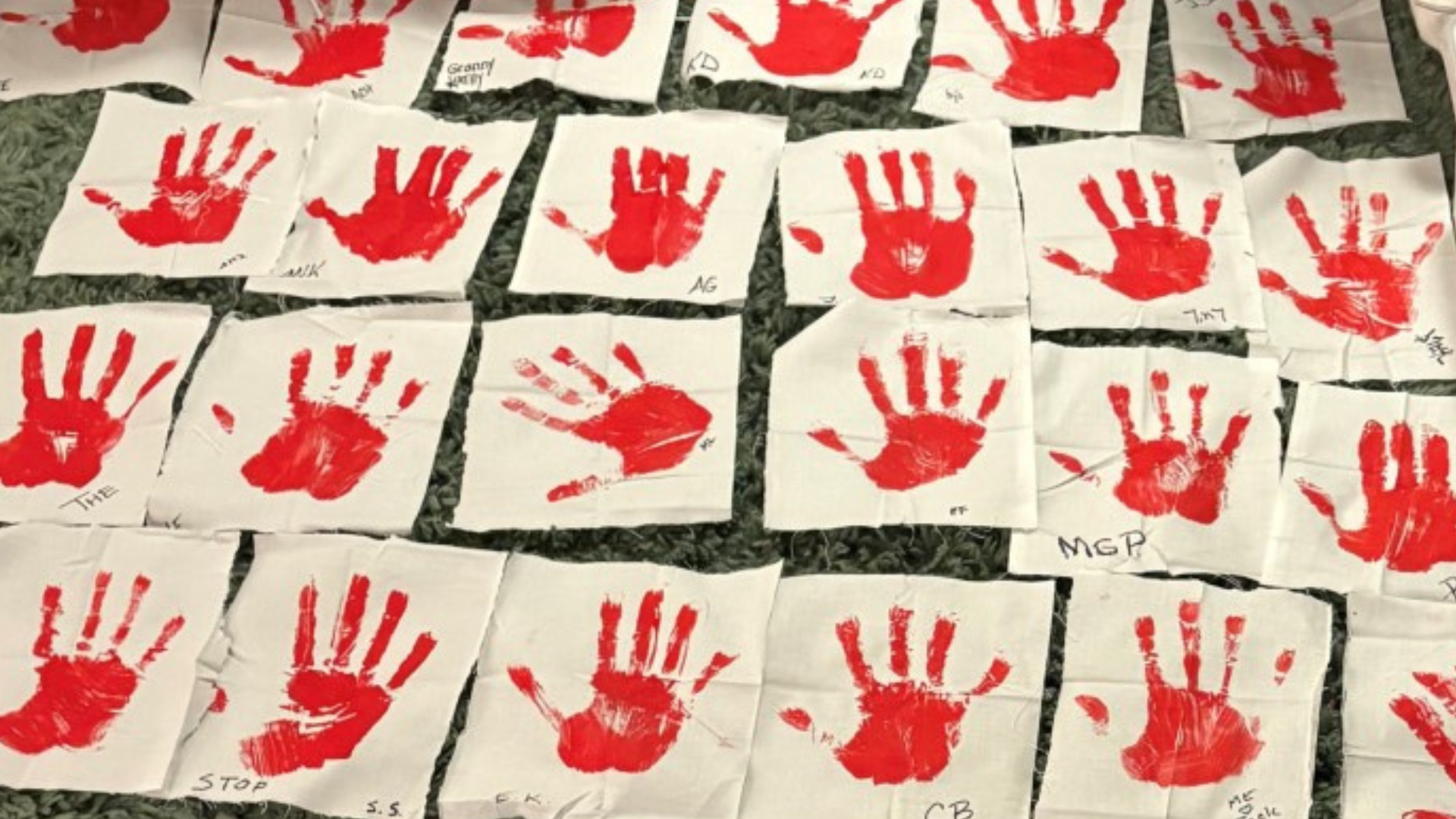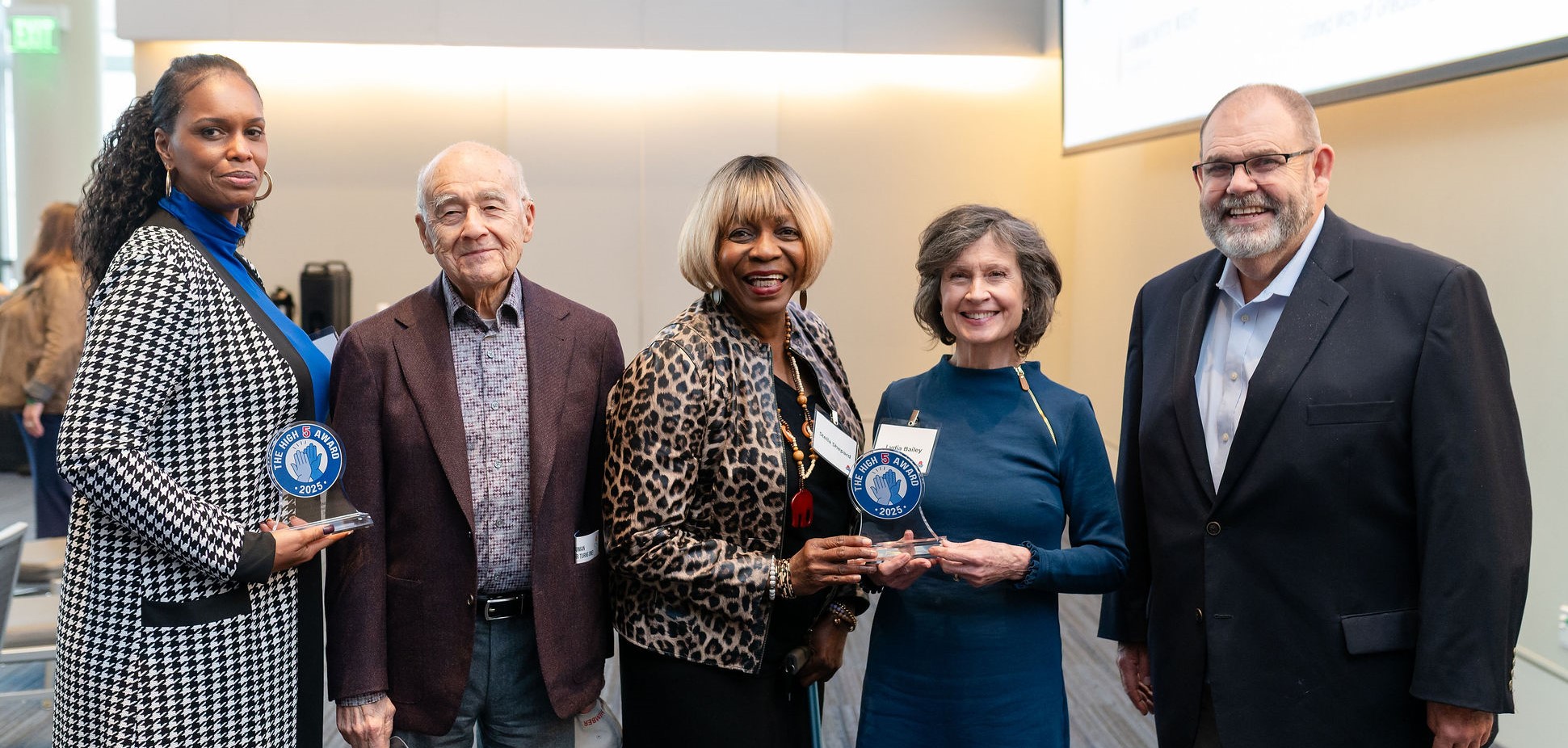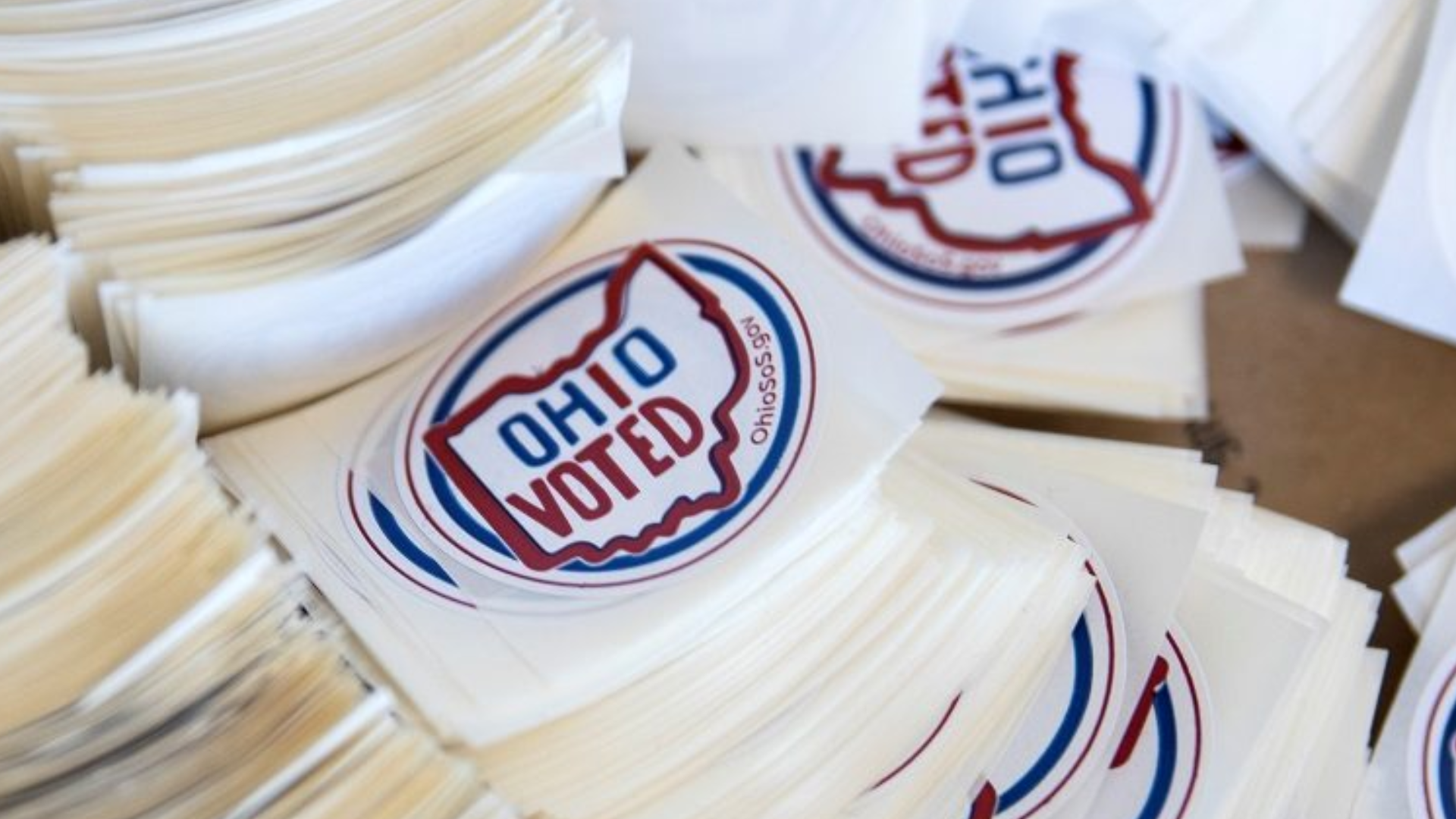When a person or their loved one is having a mental health crisis, they typically call 9-1-1 and police are sent to help. However, without the proper training to know how to de-escalate and respond to these crises, police often resort to arrest or use of force ending in fatal incidents.
Since 2020, advocacy for “care response” and “co-response” programs has increased after highly publicized events of the police killings of several individuals in the Black community—Elijah McClain, Breonna Taylor, Tony McDade, Rayshard Brooks, Ahmaud Arbery and George Floyd—led to calls for reform all over the nation.
There is often confusion over the differences between both crisis response programs and controversy over whether one is more beneficial than the other. It is important to distinguish the features of both to understand which context is best for each.
Mental health experts are not the first to respond in co-response programs.
Co-Response includes a crisis intervention specialist alongside dispatched police
Co-Response is when a police officer specially trained in crisis intervention works together with a mental health expert, such as a social worker, to respond to a mental health crisis call. Mental health experts are not the first to respond in co-response programs, and can only engage with individuals once an officer clears the scene. There are currently co-response efforts in Cleveland and Shaker Heights. During this response, individuals are often referred to mental health, addiction treatment, hospital and other services as needed, or are reconnected to programs they may have lost contact with.
Care Response is a non-police response by a mental health expert
Care response is a non-police response where unarmed mental health experts respond to a mental health crisis call without the presence of police. Programs may also make use of peer supporters –individuals with lived experience who are trained and certified to use it to assist others in mental health emergencies. Paramedics are also often involved in this type of crisis response. Like co-response, individuals are connected to necessary mental health and social service programs.

Over the past year, Community Solutions has collaborated with other mental health advocates on a coalition to push for a care response pilot program in the City of Cleveland including Policy Matters Ohio; Magnolia Clubhouse; Responding with Empathy, Access, and Community Healing (REACH); Northeast Ohio Coalition for the Homeless (NEOCH) and the Mental Health and Addiction Advocacy Coalition (MHAC).
Since its inception, a policy brief was published in August of last year, proposing a cost-effective funding structure for care response in Cleveland. The coalition worked through a months-long process to develop recommendations for the Cuyahoga County ADAMHS Board in developing a pilot program in Cleveland and Cuyahoga County. Most recently, the report with these recommendations was published in May of this year. Read both to learn more about the current landscape of local co-response and care response efforts.
Police response alone will not address underlying systemic issues
Individuals in a mental health crisis are often experiencing other co-occurring issues, such as poverty, houselessness, and addiction to name a few. This means that police response alone is not enough to alleviate these issues.
Many may advocate that co-response is more beneficial because of a concern for the safety of mental health experts responding to calls without police in care response.
Many may advocate that co-response is more beneficial because of a concern for the safety of mental health experts responding to calls without police in care response. There are certainly situations in which this may be necessary. However, programs like CAHOOTS (Crisis Assistance Helping Out On The Streets)—a mobile crisis intervention program that has been in place in Eugene, Oregon for over 20 years—have proven that police presence is not needed for a large majority of mental health calls. In 2021, police back-up was only necessary in 301 calls out of over 16,000 calls dispatched to CAHOOTS.
Having both models can help to fill the current gaps in behavioral health care systems, avoid incarceration of individuals with substance use disorders and/or in mental health crises, and reduce police interactions that can lead to fatalities. Adding care response to current co-response efforts in our local communities can expand the options available to ensure the preservation of life in those communities.








